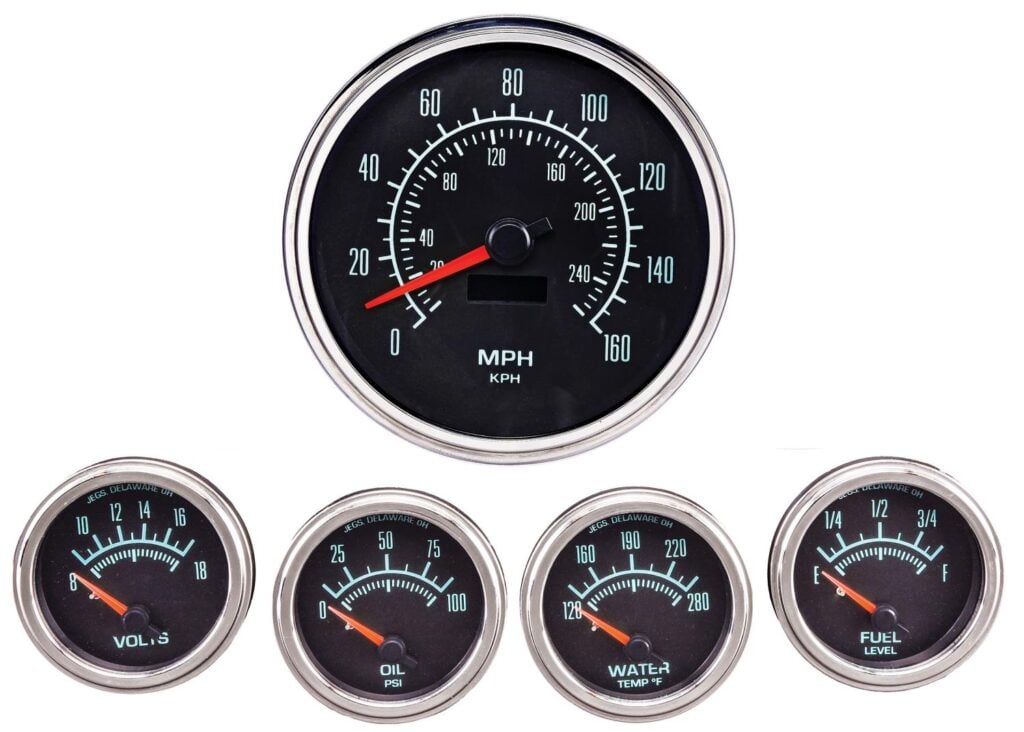
In the world of automotive applications, gauges play a critical role in providing essential information about the vehicle's performance and condition. Whether you are a car enthusiast or a professional mechanic, understanding the different types of gauges available is crucial for making informed decisions. Let's explore the various types of gauges commonly used in automotive applications:
Types Of Gauges
Oil Pressure Gauge: The oil pressure gauge monitors the oil pressure within the engine. It ensures that the engine's lubrication system is functioning properly, as low oil pressure can lead to engine damage. Maintaining optimal oil pressure is crucial for the longevity and performance of the engine.
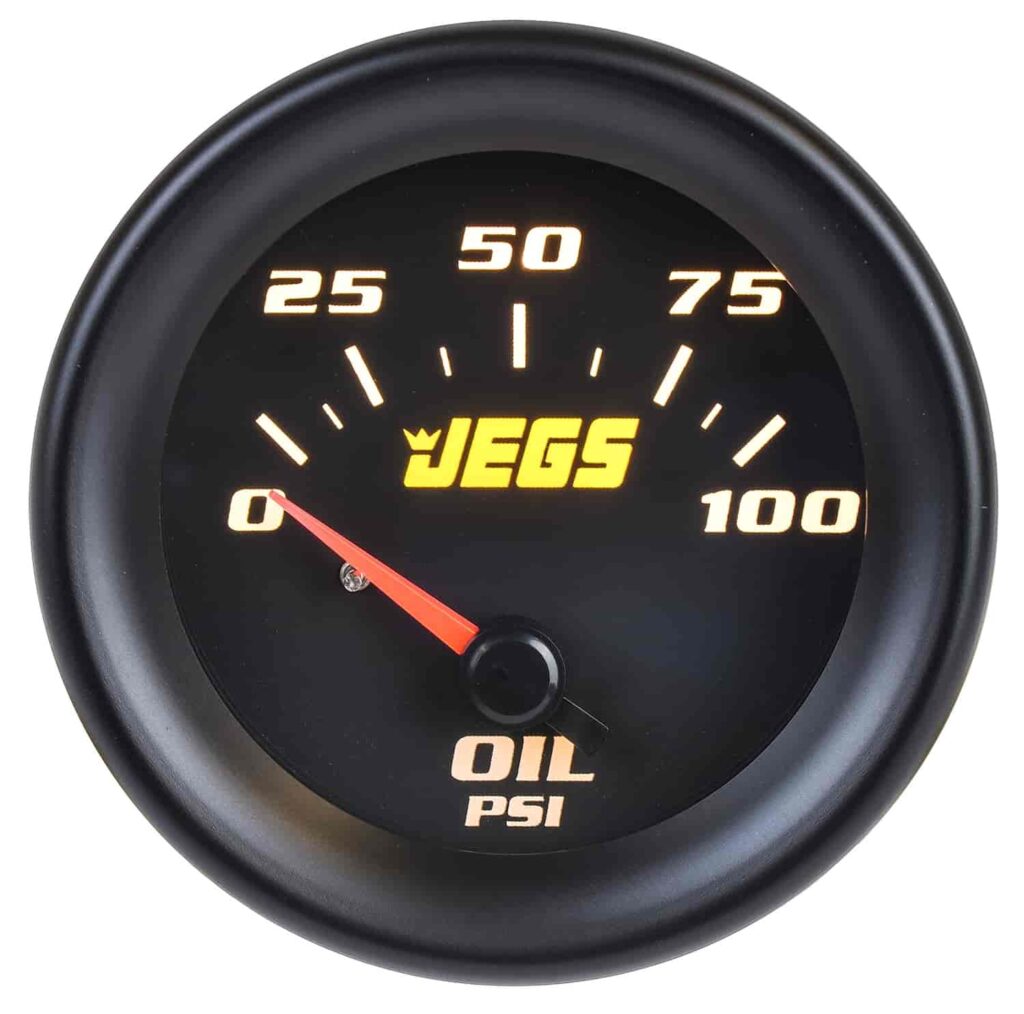
Temperature Gauge: The temperature gauge measures the engine coolant temperature, indicating whether the engine is operating within a safe temperature range. It helps prevent overheating and potential engine damage. Some vehicles may also have separate temperature gauges for transmission or oil temperature.
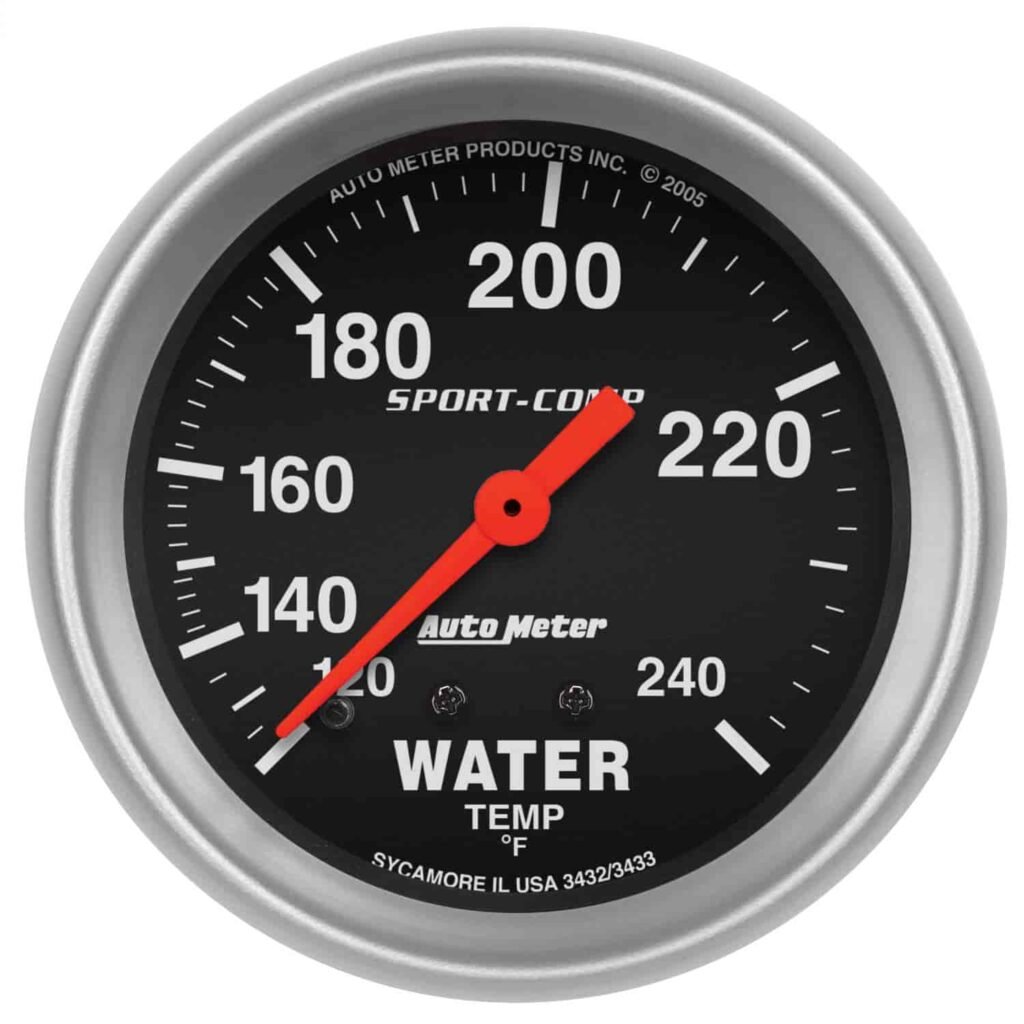
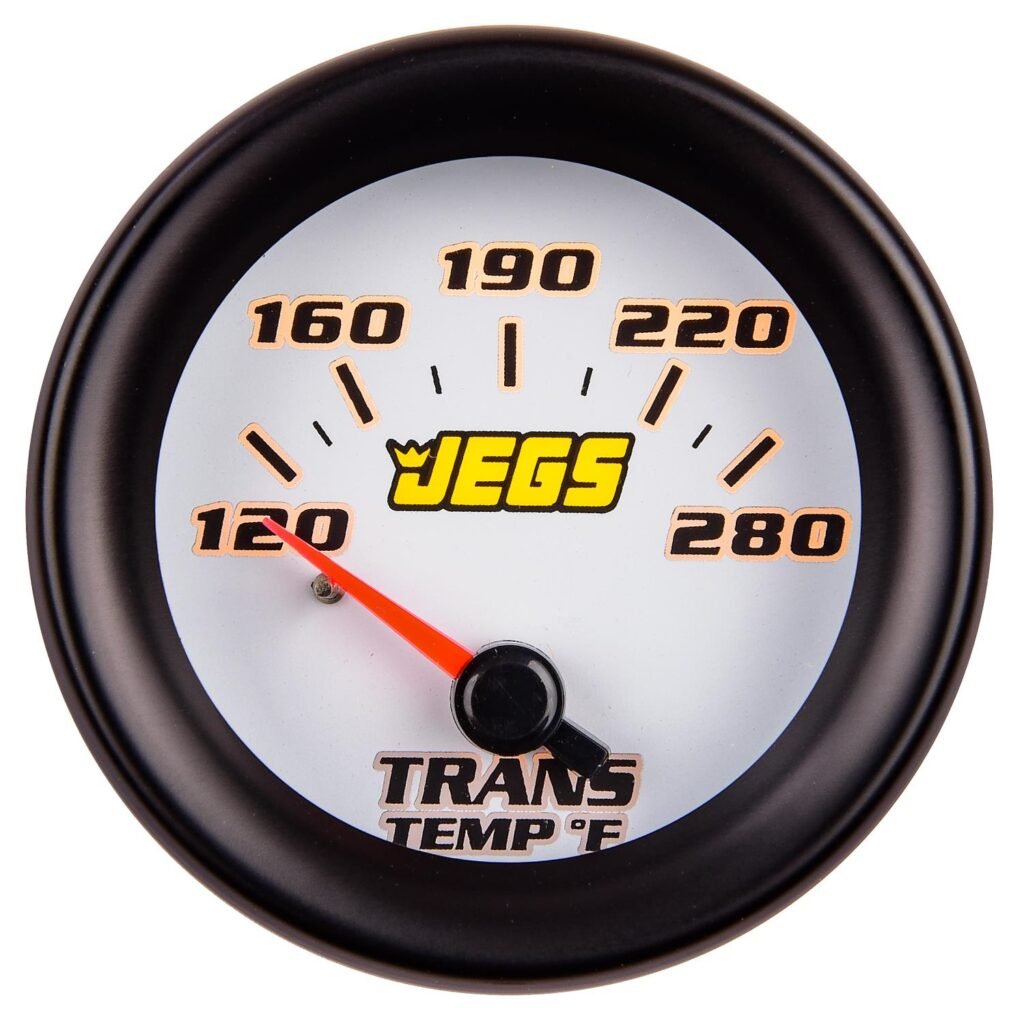
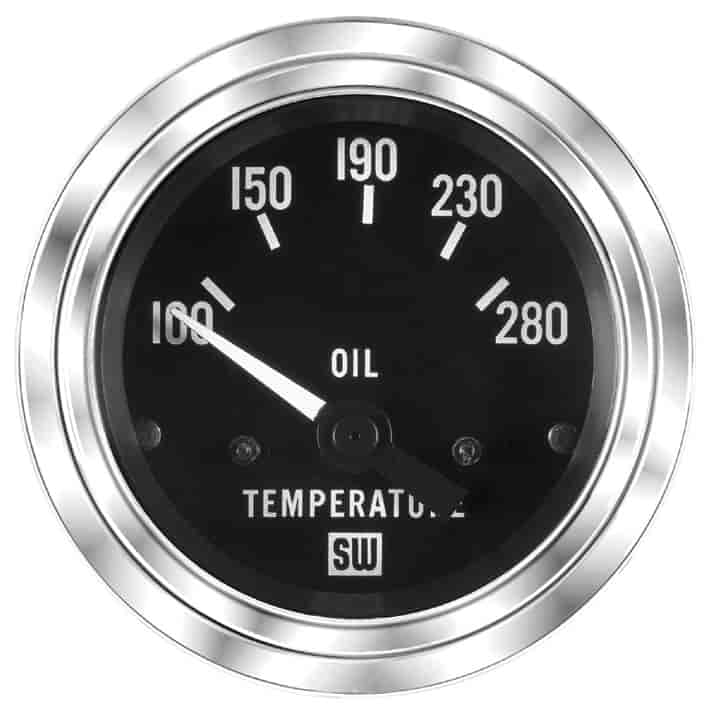
Speedometer Gauge: The speedometer gauge is one of the most important gauges in a vehicle. It measures the speed at which the vehicle is traveling, usually in miles per hour (mph) or kilometers per hour (km/h). The speedometer gauge helps drivers maintain safe and legal speeds while on the road.
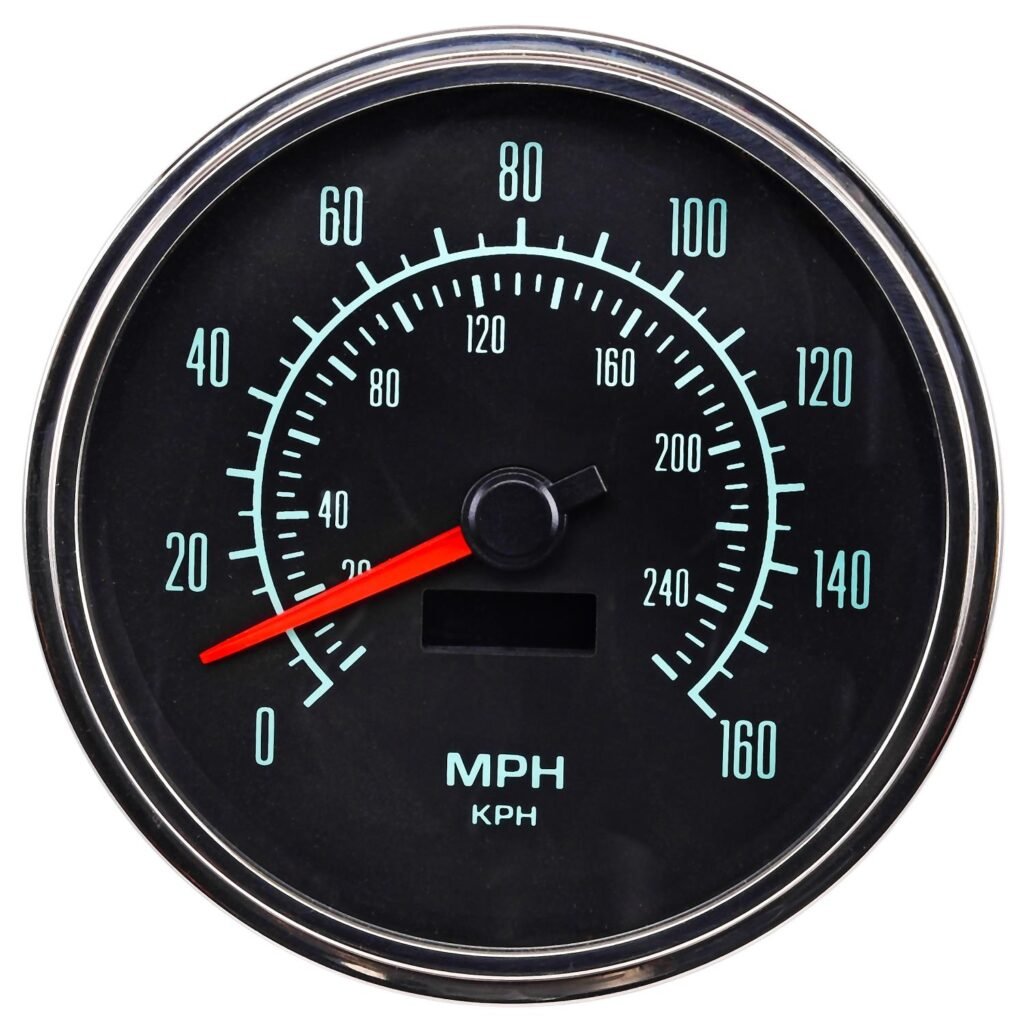
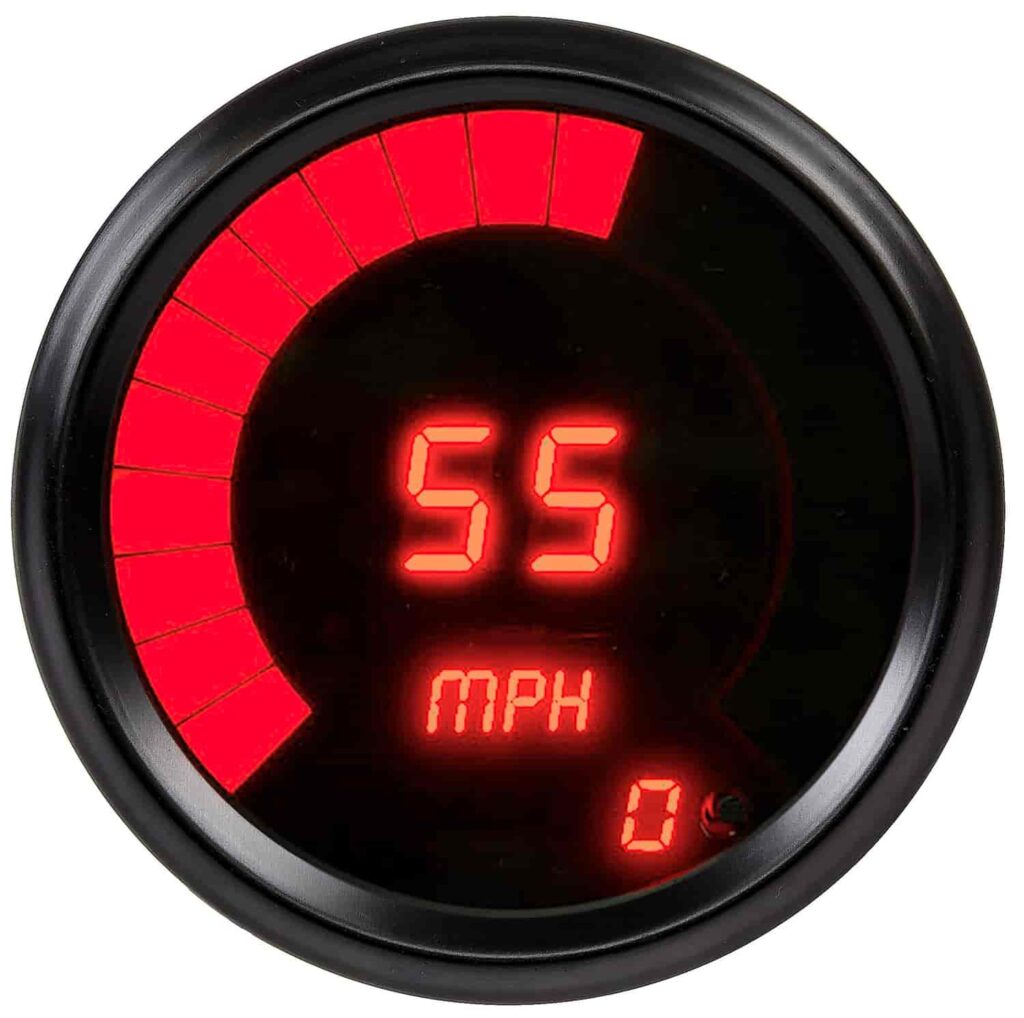
Tachometer Gauge: The tachometer gauge measures the engine's revolutions per minute (RPM), indicating how fast the engine is rotating. It is particularly useful for performance-oriented vehicles, allowing drivers to monitor engine speed and shift gears at optimal RPM ranges.
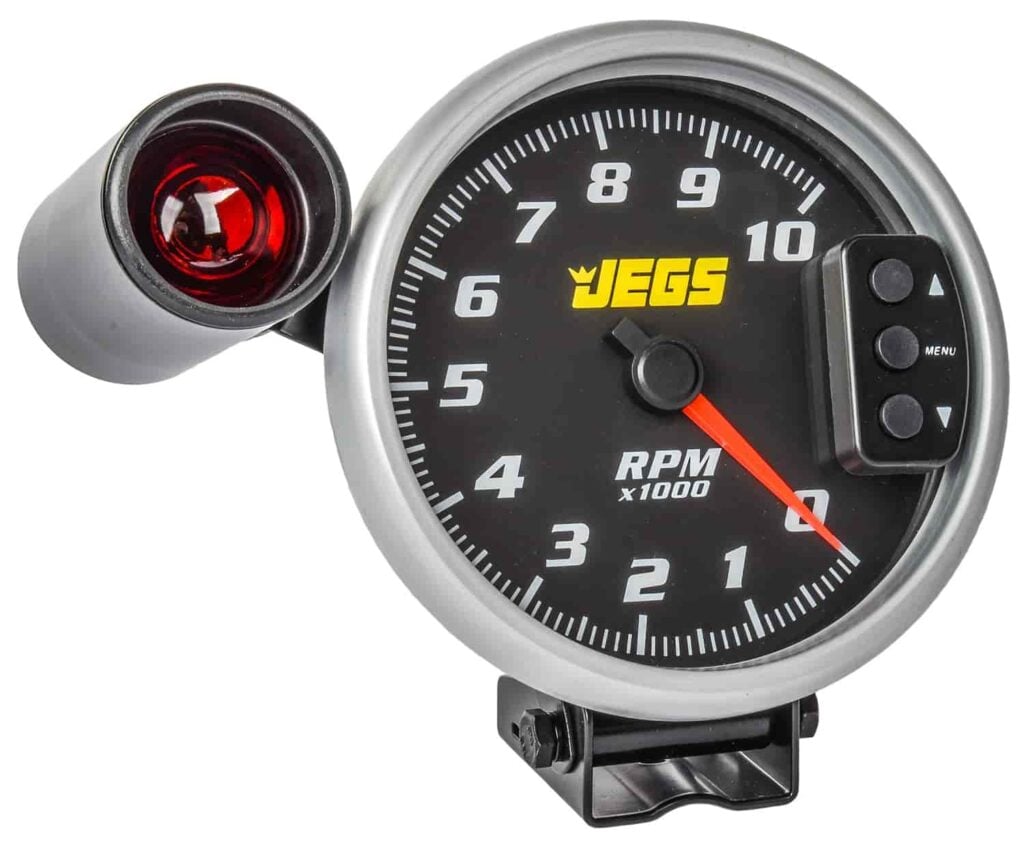
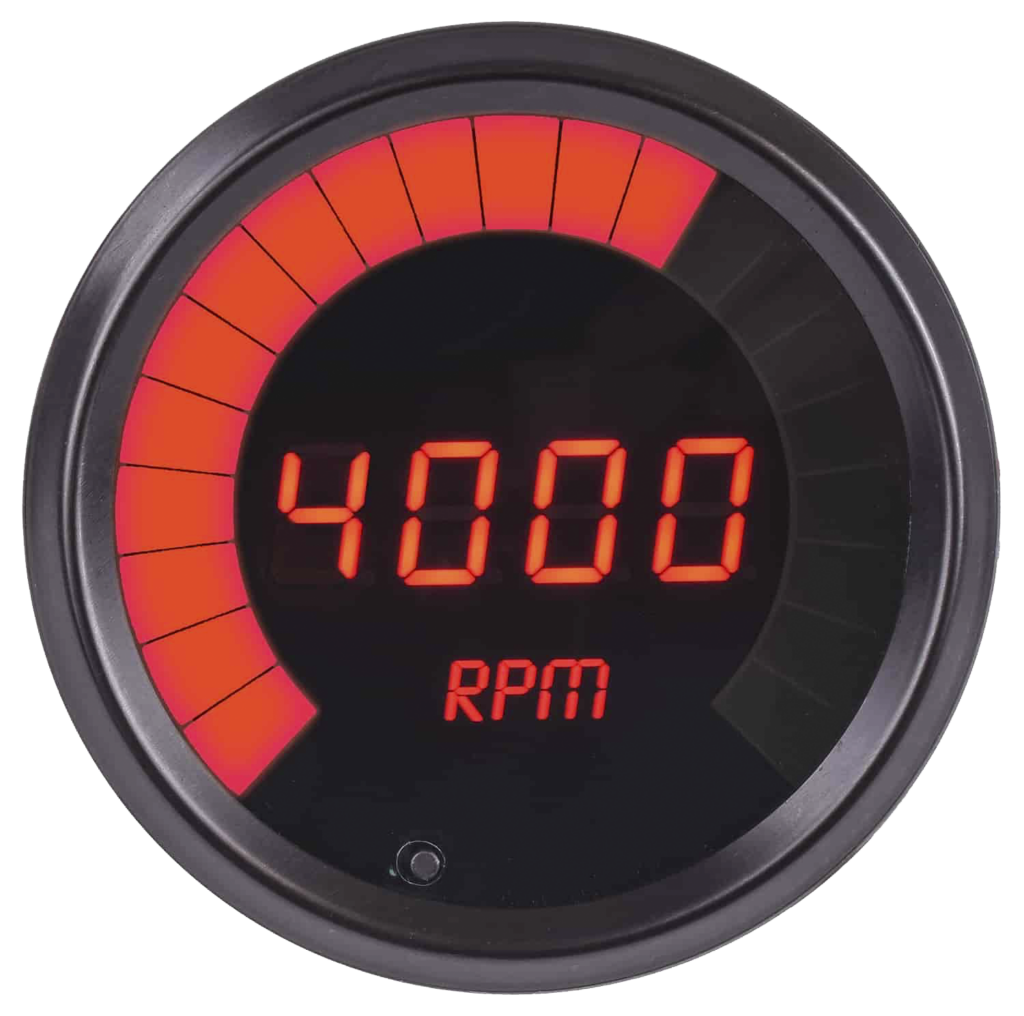
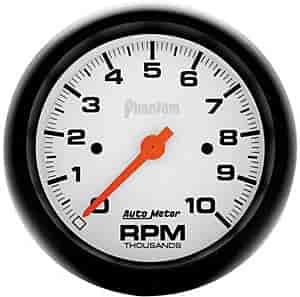
Fuel Gauge: The fuel gauge provides information about the amount of fuel remaining in the vehicle's tank. It is essential for avoiding running out of fuel during a journey. Modern fuel gauges may also include warning lights or indicators to notify drivers when the fuel level is critically low.
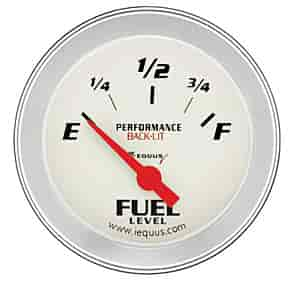
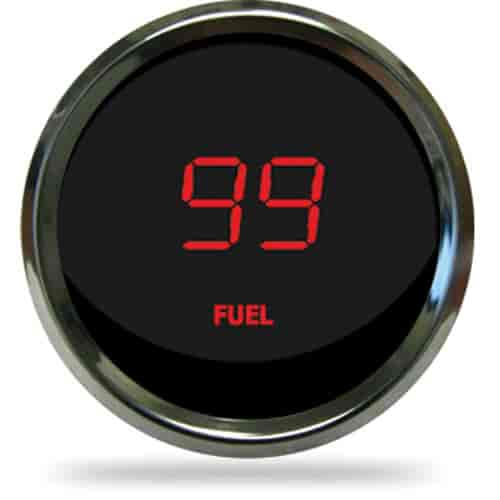
Voltmeter Gauge: The voltmeter gauge measures the electrical voltage of the vehicle's battery and charging system. It helps monitor the battery's health and ensures that the electrical system is functioning correctly. Fluctuations in voltage can indicate potential issues with the battery or charging system.
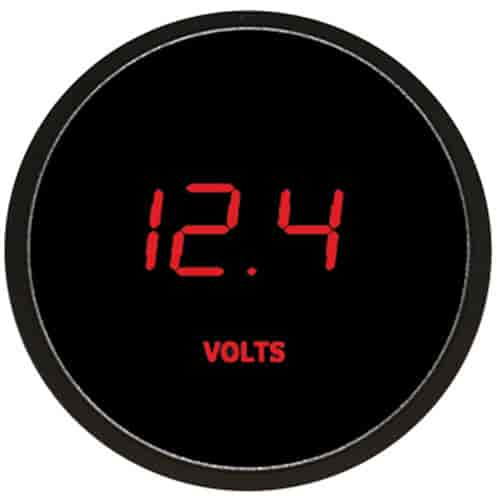
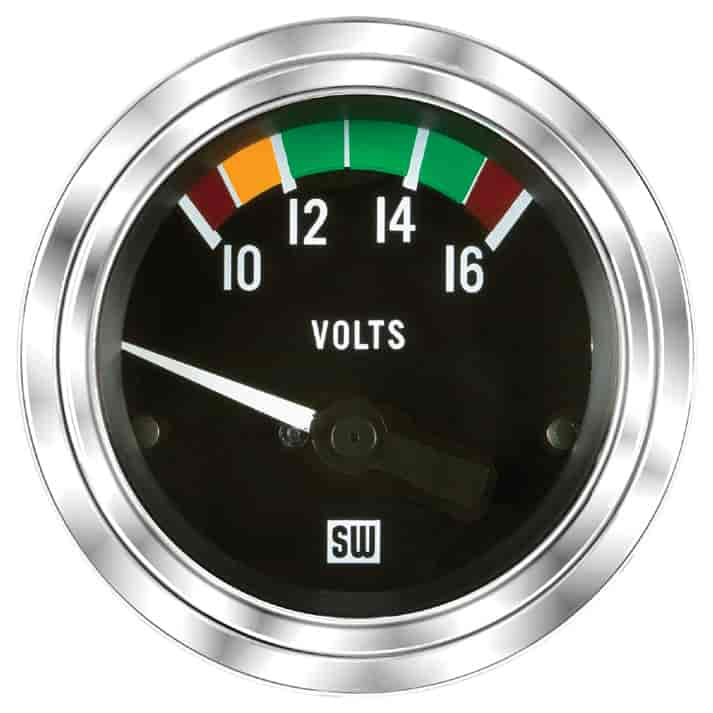
Installing Gauges Yourself
If you're a DIY enthusiast or want to save on installation costs, installing gauges in your vehicle yourself can be a rewarding experience. Here are some steps to guide you through the process:
- Choose the Gauges: Select the specific gauges that you want to install based on your needs and preferences. Consider the parameters you wish to monitor and ensure compatibility with your vehicle's make and model.
- Gather the Tools: Collect the necessary tools for the installation, such as screwdrivers, wire strippers, electrical connectors, and mounting hardware. Refer to the gauge manufacturer's instructions for any specialized tools required.
- Select a Mounting Location: Identify suitable locations in your vehicle's dashboard or instrument panel to mount the gauges. Ensure that they are easily visible and do not obstruct the driver's view or interfere with other controls.
- Prepare the Wiring: Carefully read the installation instructions provided with the gauges. Prepare the wiring by routing it from the gauge location to the respective sensors or electrical connections. Use appropriate wire gauges and connectors to ensure secure and reliable connections.
- Connect the Gauges: Follow the manufacturer's instructions to connect the gauges to the necessary sensors or electrical sources. Pay attention to proper polarity and ensure correct wiring for accurate readings.
- Secure the Gauges: Mount the gauges securely using the provided brackets or mounting hardware. Ensure that they are firmly fixed to prevent vibrations or movement while driving.
- Test and Calibrate: Once the installation is complete, test each gauge to ensure it functions correctly. Calibrate the gauges if necessary, following the manufacturer's instructions for accurate readings.
Choosing The Right Gauge
Selecting the right gauge for your automotive application is essential to ensure accurate monitoring and optimal performance. Consider the following factors when choosing gauges:
- Functionality: Identify the specific parameters you want to monitor in your vehicle, such as speed, RPM, temperature, fuel level, or oil pressure. Choose gauges that fulfill your monitoring requirements.
- Compatibility: Ensure that the gauges you select are compatible with your vehicle's make and model. Check for any specific requirements or compatibility issues mentioned by the gauge manufacturer.
- Quality and Accuracy: Opt for gauges from reputable manufacturers known for their quality and accuracy. Reliable gauges provide precise readings and have a longer lifespan, ensuring you can trust the information they provide.
- Visibility and Readability: Consider the size, design, and readability of the gauges. They should be easily visible and readable, even in different lighting conditions, to enable quick and accurate monitoring while driving.
- Budget: Determine your budget for gauge selection. While it's important to invest in quality gauges, consider your financial constraints and explore options that provide the necessary functionality within your budget.
By considering these factors and following proper installation procedures, you can choose and install gauges in your vehicle that enhance your driving experience and provide valuable insights into its performance.
Selecting the right gauges for automotive applications involves understanding the types of gauges available and their specific functions. Whether you're monitoring speed, RPM, fuel, temperature, oil pressure, or electrical voltage, choosing reliable gauges and installing them correctly ensures accurate and timely information. Empower yourself with the knowledge and skills to select and install gauges, and enjoy a well-equipped and informed driving experience.
